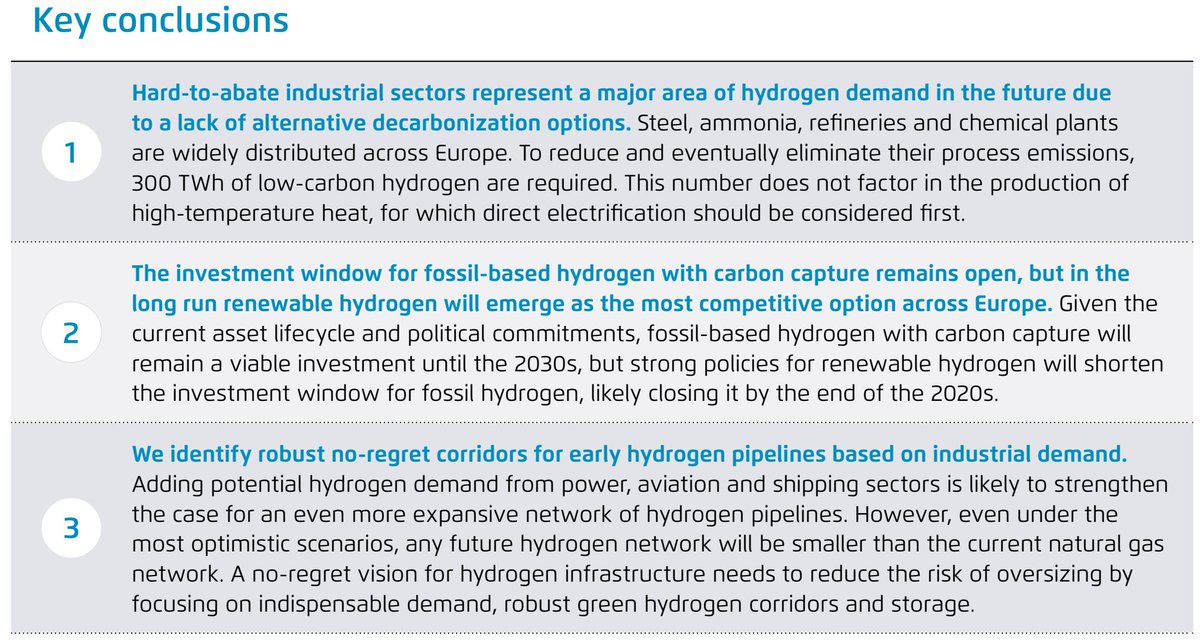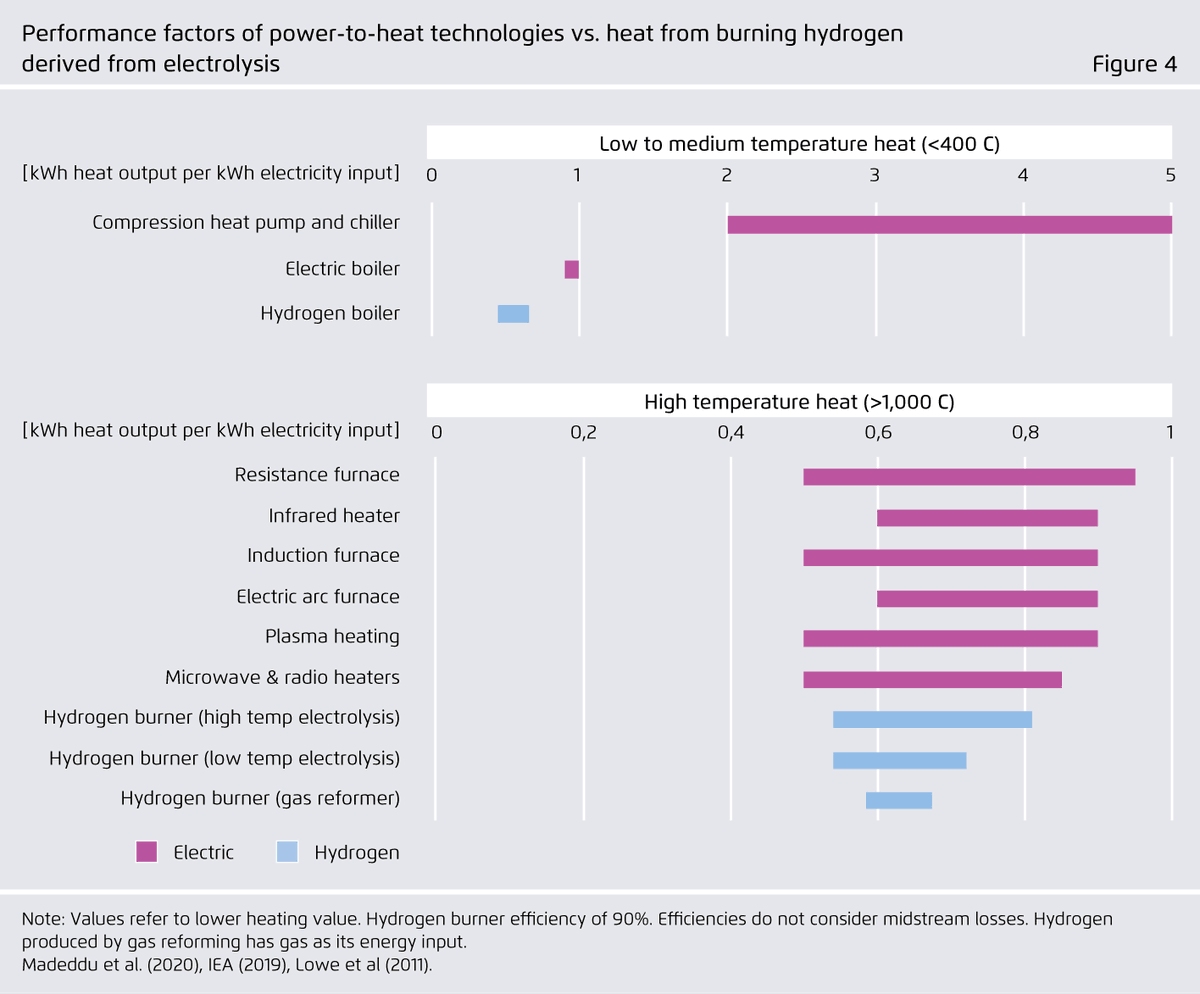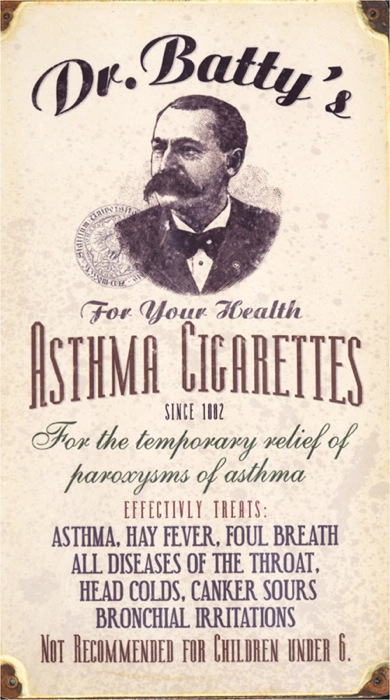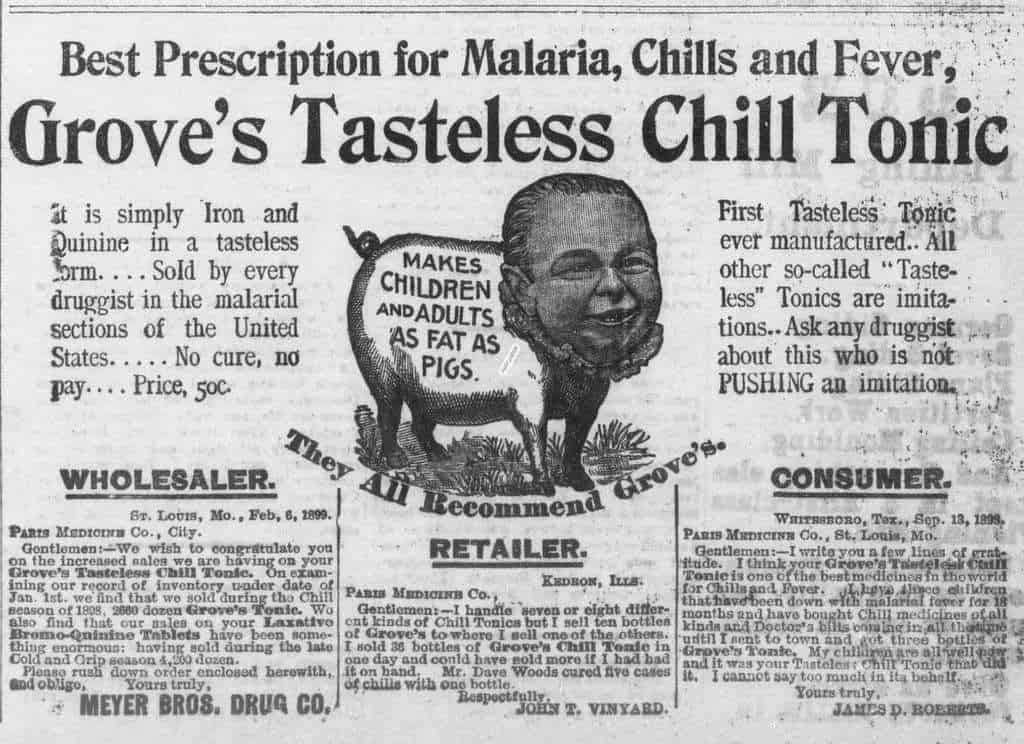Eight years ago, Spencer Cox died of #AIDS. He had access to #antiretroviral therapy, but in his own struggles with #depression and substance use, he stopped taking them. 1/
More from Gregg Gonsalves
We\u2019re beginning to see what will likely be a Herculean effort by MAGA media and certain pols to change the subject from their grotesque assault on democracy, one that resulted in bloodshed and the death of a police officer. Be aware of what they\u2019re doing as they try.
— Jake Tapper (@jaketapper) January 10, 2021
"Those who talk to Mr. Woodward, in other words, can be confident that he will be civil (“I too was growing tired, and it seemed time to stand up and thank him”), that he will not feel impelled to make connections between..." 1/
"what he is told and what is already known that he will treat even the most patently self-serving account as if untainted by hindsight..." 2/
"In this business of running the story, in fact in the business of news itself, certain conventions are seen as beyond debate. “Opinion” will be so labeled, and confined to the op-ed page or the Sunday-morning shows." 3/
"'News analysis' will be so labeled, and will appear in a subordinate position to the 'news' story it accompanies. In the rest of the paper as on the evening news, the story will be reported “'impartially,' the story will be 'even-handed,' the story will be 'fair.'” 4/
Serious question: I have to go to New York soon and I'm trying to figure out where to stay. I have heard it's disgusting and violent there. But is it like Walking Dead Season 1 or Season 4?
— J.D. Vance (@JDVance1) July 11, 2021
I work on the opioids, on research on the epidemic, its relationship with HIV/HCV, overdose. I work with data from Ohio, so care deeply about what is going on there. I was excited. Until I started digging. There's no there there. 2/
More here. 3/
You can even read their IRS-990-N filing. Sure looks like @JDVance1 tried real hard on combatting the opioid epidemic in his state. Um. Not. 4/
Now he's moved on to venture capital. Money is more interesting than the suffering of the people of #Ohio I guess. 5/
— Matthew Yglesias (@mattyglesias) January 30, 2021
First, the failure last year actually was driven by the White House, the #Trump inner circle. Watch what's happening now, the US' scientific and public health infrastructure is creaking back to life. 2/
I think Sam underestimates the decimation of many of our health agencies over the past four years and the establishment of ideological control over them during the pandemic. 3/
I also am puzzled why Tony gets the blame for not speaking up, etc. Robert Redfield, Brett Giroir, Deb Birx, Jerome Adams, Alex Azar all could have done the same. 4/
Several of these people Bob Redfield, Brett Giroir, Alex Azar were led by craven ambition, Jerome Adams by cowardice, but I do think Deb Birx and Tony tried as institutionalists, insiders to make a difference. 5/
More from Health
— Matthew Yglesias (@mattyglesias) January 30, 2021
First, the failure last year actually was driven by the White House, the #Trump inner circle. Watch what's happening now, the US' scientific and public health infrastructure is creaking back to life. 2/
I think Sam underestimates the decimation of many of our health agencies over the past four years and the establishment of ideological control over them during the pandemic. 3/
I also am puzzled why Tony gets the blame for not speaking up, etc. Robert Redfield, Brett Giroir, Deb Birx, Jerome Adams, Alex Azar all could have done the same. 4/
Several of these people Bob Redfield, Brett Giroir, Alex Azar were led by craven ambition, Jerome Adams by cowardice, but I do think Deb Birx and Tony tried as institutionalists, insiders to make a difference. 5/
Charting early steps for H₂ infrastructure in Europe.
👉Summary of conclusions of a new study by @AgoraEW @AFRY_global @Ma_Deutsch @gnievchenko (1/17)
https://t.co/YA50FA57Em

The idea behind this study is that future hydrogen demand is highly uncertain and we don’t want to spend tens of billions of euros to repurpose a network which won’t be needed. For instance, hydrogen in ground transport is a hotly debated topic https://t.co/RlnqDYVzpr (2/17)
Similar things can be said about heat. 40% of today’s industrial natural gas use in the EU goes to heat below 100°C and therefore is within range of electric heat pumps – whose performance factors far exceed 100%. (3/17)

Even for higher temperatures, a range of power-to-heat (PtH) options can be more energy-efficient than hydrogen and should be considered first. Available PtH technologies can cover all temperature levels needed in industrial production (e.g. electric arc furnace: 3500°C). (4/17)

In our view, hydrogen use for feedstock and chemical reactions is the only inescapable source of industrial hydrogen demand in Europe that does not lend itself to electrification. Examples include ammonia, steel, and petrochemical industries. (5/17)
You May Also Like
As a dean of a major academic institution, I could not have said this. But I will now. Requiring such statements in applications for appointments and promotions is an affront to academic freedom, and diminishes the true value of diversity, equity of inclusion by trivializing it. https://t.co/NfcI5VLODi
— Jeffrey Flier (@jflier) November 10, 2018
We know that elite institutions like the one Flier was in (partial) charge of rely on irrelevant status markers like private school education, whiteness, legacy, and ability to charm an old white guy at an interview.
Harvard's discriminatory policies are becoming increasingly well known, across the political spectrum (see, e.g., the recent lawsuit on discrimination against East Asian applications.)
It's refreshing to hear a senior administrator admits to personally opposing policies that attempt to remedy these basic flaws. These are flaws that harm his institution's ability to do cutting-edge research and to serve the public.
Harvard is being eclipsed by institutions that have different ideas about how to run a 21st Century institution. Stanford, for one; the UC system; the "public Ivys".



























